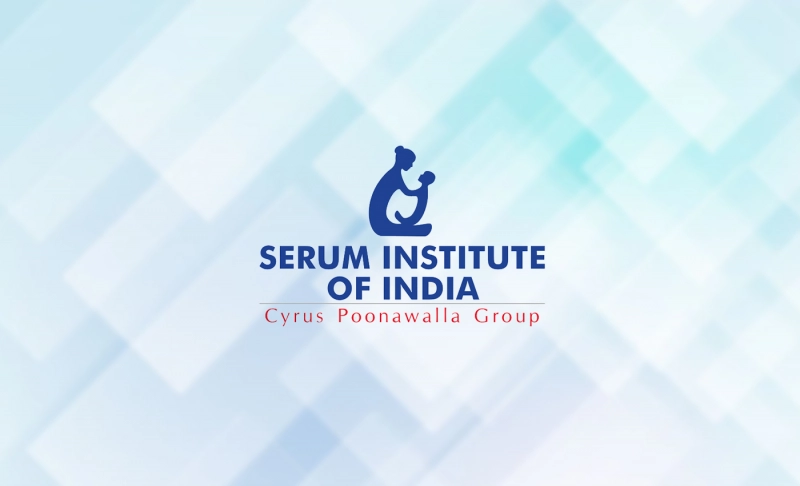By: Ishita Goel J
April 22 2021

SII will charge Rs 400 per dose for Covishield from state governments and continue to charge Rs 150 per dose from the central government.
SII will charge Rs 400 per dose for Covishield from state governments and continue to charge Rs 150 per dose from the central government.Serum Institute of India is the primary manufacturer of the Oxford-AstraZeneca vaccine, also known as the Covishield vaccine, in India. As the country battles a devasting second wave of COVID-19, the Indian government altered its vaccine policy. Under Phase-3 of the National Vaccine Strategy, starting on May 1, anyone over 18 is eligible to get a vaccine. States can also procure vaccine doses from the manufacturers directly. Under the new modification, the manufacturers can sell vaccines in the open market at a predetermined price. Additionally, they can release half of their vaccine supply to the State governments. The other half is sold to the Central government. In an interview with CNBC-TV18, Adar Poonawala, the SII CEO, revealed the COVID-19 vaccine pricing. He announced that SII would sell the Covishield vaccine to the State governments at Rs. 400 per dose and to private hospitals at Rs. 600 per dose. The vaccine manufacturer will continue to charge the central government Rs. 150 per dose. Aiming to produce more than a hundred million vaccine doses by July, Poonawala added that the vaccine prices are affordable compared to global vaccine prices. The new prices received plenty of criticism from several politicians, including Congress member Rahul Gandhi. Sitaram Yechury, General Secretary of the Communist Party of India-Marxist, called for the central government to distribute the vaccines in a "transparent equitable manner." To accelerate the vaccination drive, the BJP-led central government has announced Rs. 4,500 crore funding towards the vaccine production. As of April 21 2021, India reported close to 300,000 new cases and more than 2,000 deaths. The COVID-19 pandemic has given rise to a lot of potentially dangerous misinformation. For reliable advice on COVID-19 including symptoms, prevention and available treatment, please refer to the World Health Organisation or your national healthcare authority.